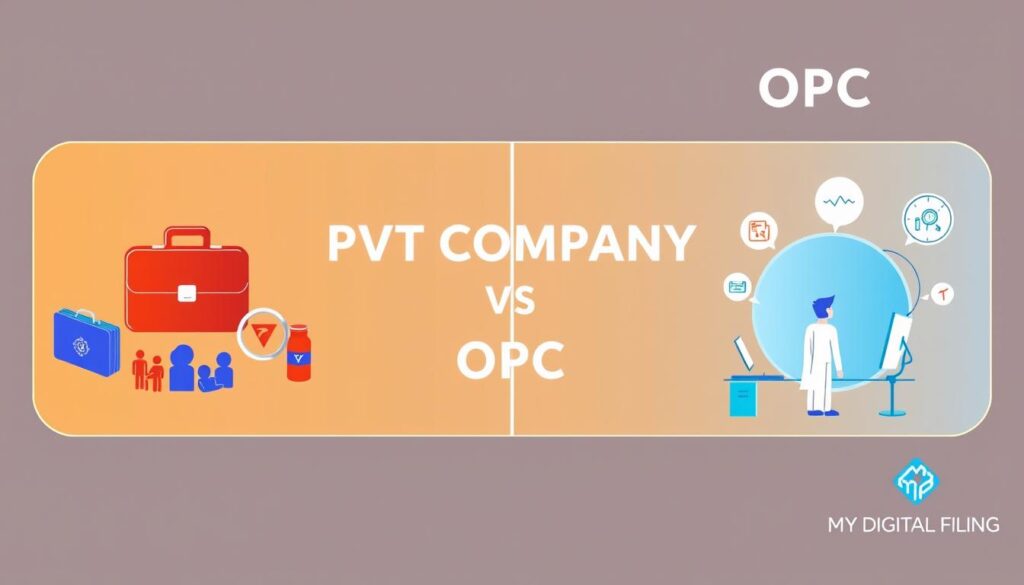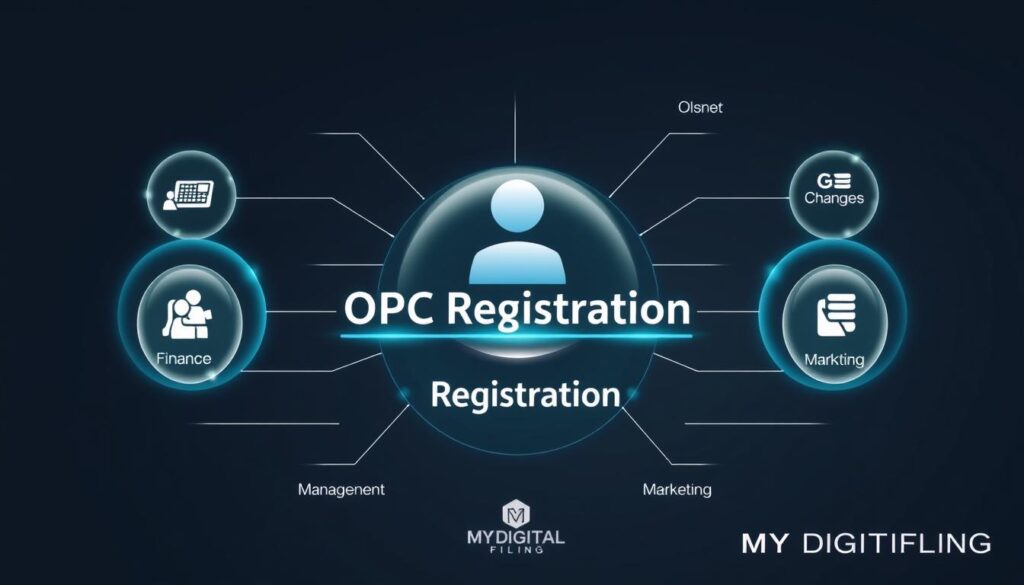Step-by-Step Guide to Establishing a Private Limited Company in India
Establishing a private limited company in India is a popular choice for business entities, offering advantages like limited liability, perpetual succession, and access to funding. With a range of shareholders from 2 to 200 and directors from 2 to 15, this business structure involves specific legal steps. This guide will lead you through the process of private limited company formation in India, covering essential aspects from digital signature acquisition to securing licenses.
Step 1: Obtain Digital Signature Certificates (DSC) for Directors
A Digital Signature Certificate (DSC) is essential for directors as it validates their online document signatures. To secure a DSC, apply to an MCA-approved Certification Authority (CA). Necessary documents include:
- Self-attested PAN card copy
- Self-attested Aadhaar card copy or address proof
- Passport-sized photograph
- Completed DSC application form
The CA verifies documents and issues the DSC in a few days. DSC validity ranges from one to three years.
Step 2: Acquire Director Identification Numbers (DIN)
Directors need a unique Director Identification Number (DIN) assigned by the MCA. Apply online using your DSC and provide:
- Self-attested PAN card copy
- Self-attested Aadhaar card copy or address proof
- Passport-sized photograph
- Completed DIR-3 form
The MCA verifies the documents and issues DIN within days.
Step 3: Reserve Your Company Name
Choose a unique and relevant name for your company, adhering to trademark and legal norms. File an online application on the MCA portal using your DSC. Submit:
- Proposed company names (up to two)
- Significance and meaning of names
- Main objectives and activities
- Director and shareholder details
- Trademark/logo information
MCA approves or rejects names within days, reserving the name for 20 days upon approval.
Step 4: File SPICe+ Form for Incorporation
After name reservation, complete the SPICe+ form for incorporation on the MCA portal with your DSC. SPICe+ combines various incorporation aspects, including:
- Incorporation application
- PAN allotment application
- TAN allotment application
- GSTIN application
- Bank account opening application
- EPFO and ESIC registration application
Attach documents like Memorandum of Association (MOA), Articles of Association (AOA), declaration by directors and shareholders, affidavit by subscribers, and proof of address.
MCA scrutinizes your submission and issues a certificate of incorporation. This certificate contains your Company Identification Number (CIN), a unique identifier from MCA.
Step 5: Obtain Additional Registrations and Licenses
After incorporation, acquire other applicable registrations and licenses, such as:
- PAN (Permanent Account Number)
- TAN (Tax Deduction and Collection Account Number)
- GSTIN (Goods and Services Tax Identification Number)
- EPFO (Employees’ Provident Fund Organisation) registration
- ESIC (Employees’ State Insurance Corporation) registration
Apply online for these registrations, providing necessary details and documents.
Conclusion
Navigating the process of private limited company formation in India presents a structured pathway to harness benefits like limited liability and perpetual succession. By following this guide, you’ve gained insights into the step-by-step journey, from acquiring digital signatures to securing licenses. Achieving compliance with legal obligations ensures a strong foundation for your private limited company, setting the stage for success in the Indian business landscape. If you have queries or feedback, kindly leave a comment below. Thank you for reading.
FAQs
A private limited company in India is a popular business entity characterized by limited liability, perpetual succession, and access to funding. It requires a minimum of two shareholders and two directors, with a maximum of 200 shareholders and 15 directors.
A Digital Signature Certificate (DSC) is crucial for directors as it validates their online document signatures. It’s necessary for filing various forms and documents with the Ministry of Corporate Affairs (MCA).
A Director Identification Number (DIN) is a unique identification number assigned to directors by the MCA. It’s essential for filing various forms and documents with the MCA.
To reserve a company name, file an online application on the MCA portal. Provide proposed names, their significance, main objectives, director and shareholder details, and trademark/logo information.
The SPICe+ form is a comprehensive electronic form used for company incorporation. It covers various aspects like incorporation, PAN and TAN allotment, GSTIN application, bank account opening, and more.
After incorporation, obtain registrations like PAN, TAN, GSTIN, EPFO, and ESIC. These are essential for tax compliance, employee benefits, and seamless business operations.
Consulting legal professionals ensures full compliance with legal and regulatory requirements. They can guide you through the complexities and responsibilities of running a private limited company in India.









